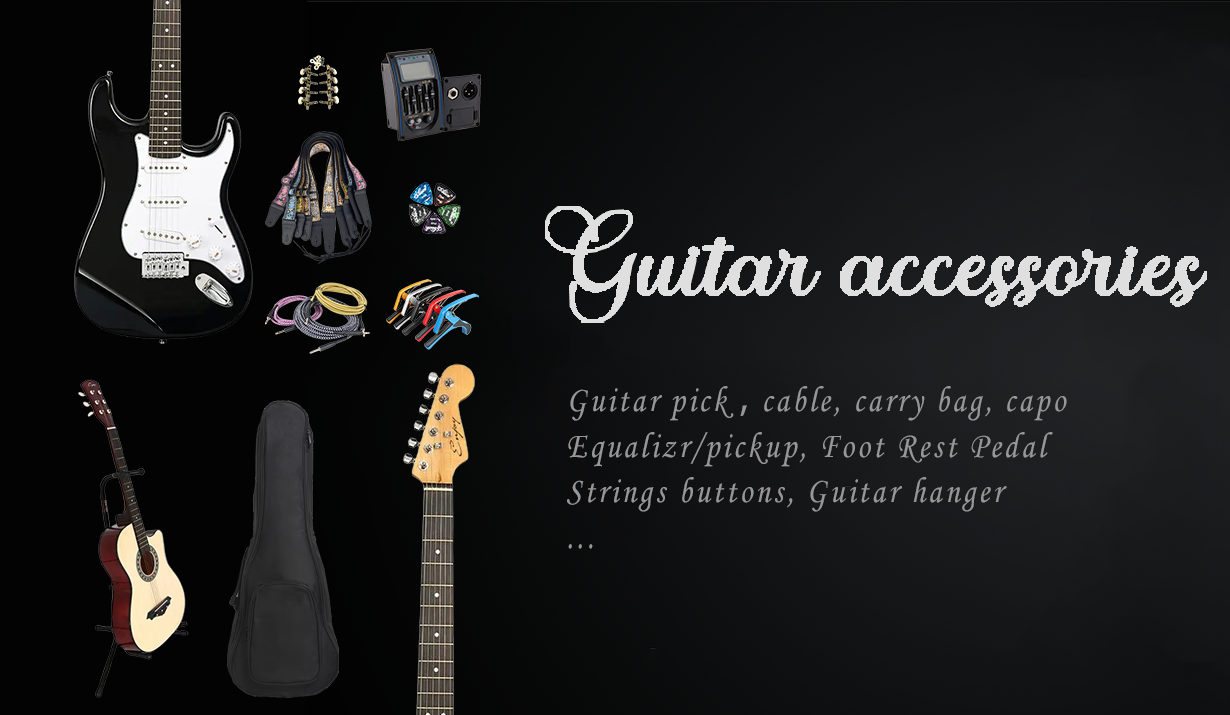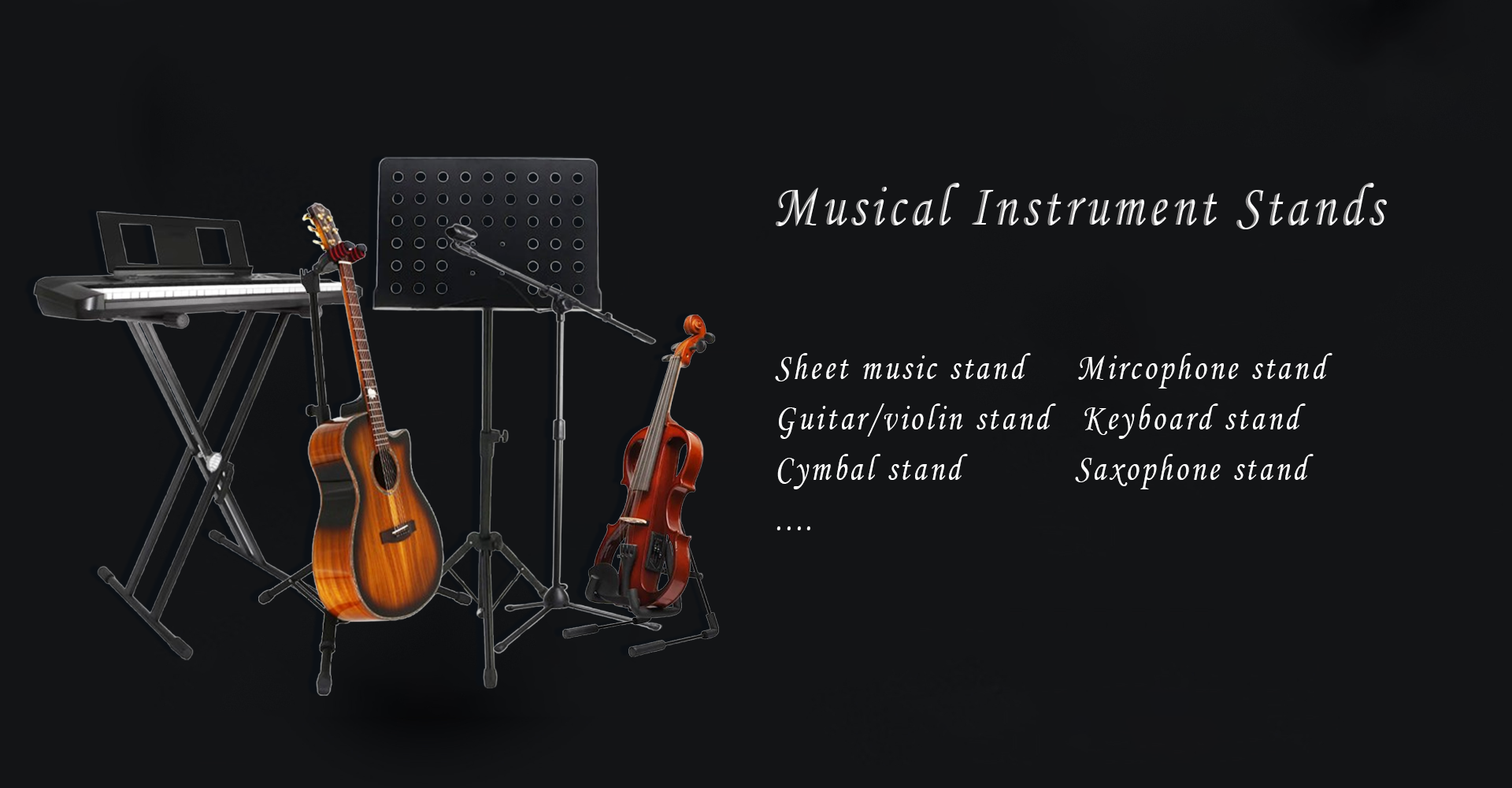Are you planning to open a music store specializing in keyboards and guitars? Have you considered offering accessories to complement your main products? Selling accessories is not only a way to enhance customer satisfaction but also a smart strategy to increase your profit margins. Let’s explore why accessories are essential and what specific items you should include in your inventory.
Why Are Accessories Important?
Accessories provide customers with a convenient, one-stop shopping experience. Musicians often need more than just the instrument—they require items that enhance playability, protection, and maintenance. By offering a wide range of accessories, you can attract repeat customers and build a reputation as a comprehensive solution provider. Additionally, accessories are typically low-cost and high-margin products, making them an excellent addition to your business.
Essential Accessories for Keyboards
- Keyboard Stands: A variety of portable and fixed stands for stability during practice and performance.
- Benches: Adjustable benches to ensure comfort for players of different heights.
- Headphones: Perfect for silent practice, a must-have for students and professionals alike.
- Sustain Pedals: These pedals enhance expression and are often a preferred add-on for keyboard players.
- Covers and Bags: Protect keyboards from dust or allow for easy transportation.
- Power Adapters: Offer both replacements and adapters compatible with different models.
- Speakers and Amplifiers: Improve sound projection for live performances.
Must-Have Accessories for Guitars
- Strings: Stock both steel and nylon strings for acoustic, classical, and electric guitars.
- Gig Bags and Cases: Provide soft and hard cases to protect guitars during travel.
- Picks: Offer a variety of thicknesses and materials to cater to different playing styles.
- Tuners: Clip-on tuners and digital tuners are popular choices for quick and accurate tuning.
- Capos: A crucial tool for guitarists to adjust pitch with ease.
- Guitar Stands: Essential for safely storing guitars at home or on stage.
- Straps: Comfortable and customizable straps are important for guitarists who play standing up.
- Maintenance Kits: Include cleaning solutions, polishing cloths, and string lubricants.

General Accessories to Consider
- Music Stands: Useful for holding sheet music or books during practice or performance.
- Educational Materials: Beginner-friendly books, DVDs, or apps for learning keyboards or guitars.
- Audio Cables: For connecting instruments to amplifiers or recording equipment.
- Recording Equipment: Basic USB microphones or audio interfaces for home studio setups.
Tips for Selling Accessories
- Bundle Deals: Offer discounts for accessories purchased with instruments, such as “Buy a guitar and get a free gig bag.”
- Customized Options: Provide personalized straps or cases to stand out from competitors.
- Highlight Maintenance Needs: Educate customers on the importance of regular instrument care and suggest suitable products.
- Leverage Trends: Stay updated on the latest musician preferences and stock trending accessories.
By thoughtfully curating a wide selection of accessories, you’ll not only meet the needs of your customers but also establish your music store as a reliable and professional destination. When customers know they can find everything they need under one roof, they’re more likely to return and recommend your store to others.

